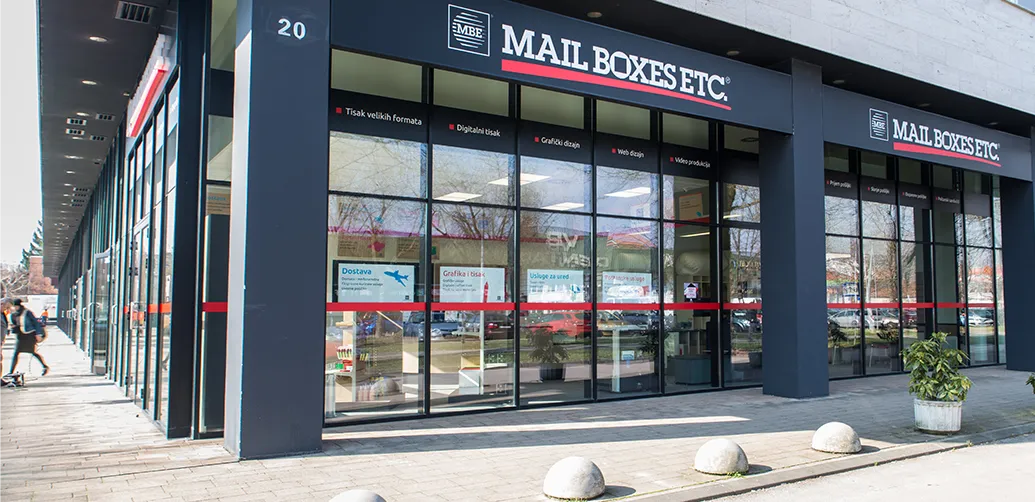Understanding the Franchise Business Model
How franchise works is a question many aspiring entrepreneurs ask when considering this business opportunity. A franchise represents a proven pathway to business ownership, combining established brands with support systems.
What is a Franchise?
From a legal perspective, a franchise is a type of license that enables business expansion through partnership. A franchise is a business model in which a person, known as a franchisee, pays a franchisor or master franchisee a fee to use the brand, business processes, and operational knowledge to conduct business under the franchisor’s name. Companies like Mail Boxes Etc. exemplify this model, demonstrating how franchise works in practice across multiple territories and markets.
The franchisee typically receives comprehensive training in the business model to replicate the successful operations the company has established. This approach provides the franchisee with a ready-made business model and an ongoing support system, significantly reducing the risks associated with starting a business from scratch.
How Franchise Works: The Core Business Model
The franchise business model operates on a mutually beneficial arrangement. A company with a proven business model seeks to escalate and grow, sometimes on a global scale. The franchisor looks for entrepreneurs who want to benefit from the established brand name and tested business model.
This arrangement allows the franchisee to avoid starting a business from scratch. Instead, they can leverage the franchisor’s brand recognition and operational framework. In return, the franchisee typically pays a monthly fee and/or a one-time initial franchise fee to the franchisor.
The franchisee obtains the right to operate a business that is identified with the franchisor’s brand, following established protocols and procedures that have proven successful.
Role of the Franchisee
The franchisee will obtain the right to operate a business that is identified with the franchisor’s brand. The specific requirements vary depending on the brand, as different franchisors establish different guidelines for operating the licensed business.
Key responsibilities of a franchisee include:
- Following the franchisor’s recommended procedures and guidelines, including systems, presentations, and protocols
- Purchasing and funding the franchise investment
- Implementing standardizations required by the franchisor
- Displaying logos, signs, and trademarks in prominent locations within the business premises
While franchisors may offer financing options or recommend third-party financing providers, franchisees are primarily responsible for securing the necessary capital to establish and operate their franchise location.
Difference Between Master Franchisee and Franchisee
Understanding how franchise works also requires distinguishing between different franchise roles. A master franchisee (also called a master licensee) is a partner who acquires exclusive rights to develop, operate, and license the brand within a specific territory.
For example, if an entrepreneur holds the master franchise rights for Mail Boxes Etc. in Brazil, anyone wanting to open a franchise store in Rio de Janeiro would report directly to them. Essentially, the master franchisee functions as a mini-franchisor within their designated territory.
Master franchisee responsibilities include:
- Recruiting and selling franchises within their territory
- Providing training and support to individual franchisees
- Serving as the primary contact point between the company and the franchises
- Ensuring brand standards are consistently met across all locations
- Operating a pilot store in the country (in some cases, such as Mail Boxes Etc.)
In contrast, the individual franchisee focuses on operating their specific location according to the established guidelines, benefiting from both the franchisor’s and master franchisee’s support and expertise.
What is a Good Franchise to Invest In?
Selecting a good franchise to invest in requires careful consideration of your priorities, experience, and business goals. Industry research is essential when evaluating franchise opportunities.
Consider investing in booming industries such as:
- Renewable Energy Services
- E-commerce
- Logistics
- Information Technology
- Artificial Intelligence
These sectors demonstrate strong growth potential and offer franchisees opportunities to enter expanding markets with established business models.
Conclusion
Understanding how franchise works empowers entrepreneurs to make informed decisions about franchise investments. The franchise business model provides a structured pathway to business ownership, combining brand recognition, proven operational systems, and ongoing support. Whether considering a standard franchise or a master franchise opportunity, thorough research and alignment with your business goals remain essential for success.
Want to learn more about becoming a Master Franchise for Mail Boxes Etc? Register below.
Start your entrepreneurial success with MBE
MBE is expanding around the globe. Click below to get more information about our opportunities.
References:
https://www.investopedia.com/terms/f/franchise.asp
https://corporatefinanceinstitute.com/resources/management/franchise
https://msaworldwide.com/basics-of-franchising/franchise-franchising-works/
https://www.joorney.com/news/10-fastest-growing-businesses-2025/

